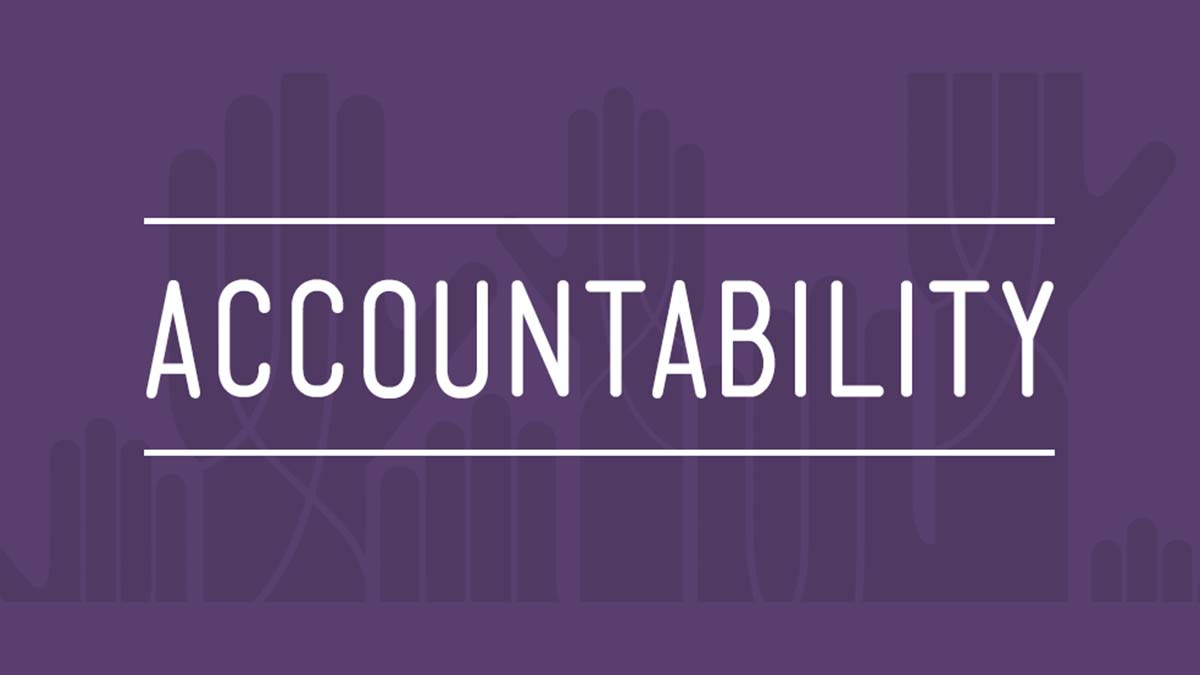The first pillar of my HEAR leadership paradigm is an approach that focuses on building a culture of respect and high levels of transparency, anchored with honesty…and empathy. If honesty is the foundation of the HEAR leadership philosophy, having and displaying empathy, i.e. leveraging your ability to relate to others’ emotions and thoughts, is a critical tool you will need to truly empower your team to push themselves and achieve great things.
“Seek First to Understand, Then to be Understood.”
– Steven Covey, 7 Habits of Highly Effective People (Habit 5)
In other words, if you want to be a great leader, you have to face the fact that it’s no longer about you — it’s about the individuals you are leading and their perception of the world.
Empathy Leads to Increased Performance
Natural leaders have a unique capability to see through the facade and understand where their team members are coming from and how they see the world. Most people do not walk around with “their emotions on their sleeve.” Being an empathetic leader can be one of the most difficult leadership attributes to master. When you first seek to understand, genuine empathy enables you to put yourself in your team members’ shoes, acknowledge their emotions, build mutual respect, trust and understanding, which allows you to modify how you manage them at a different level. By understanding where people are, you will be able to help them get where you need them to be, resulting in each individual operating at their optimal performance.
What’s great about empathy is that it’s contagious. If you establish being empathetic as a part of your company’s culture, and especially among your managers, it will only make your entire organization stronger as it will trickle down the chain of command to empower every person, even your interns, to achieve greater, bigger, brighter things.
The more you understand what the needs and perspectives of your team are, the better you can tailor your leadership style to cater to their emotional needs, and help them succeed beyond expectations — including their own.
What’s your EQ (Emotional Intelligence Quotient)?
Being smart and technically skilled is not enough. A high level of emotional intelligence also distinguishes great leaders, who authentically care for their team’s needs and success. They never “show up and throw up” orders without taking the time to listen and understand in an empathetic way. Communication is a two-way street and, unless you understand where your people are, they will not completely hear or understand what you are saying/asking.
If you are not naturally a highly empathetic leader, though, I have some good news for you: empathy is not a fixed trait and can be learned. And this is how:
- Be more inquisitive. Use your best problem-solving skills to understand the state of mind that your team is in.
- Be careful of “your wake.” Become more aware of your own emotions, and work on understanding their potential (positive or negative) effect on others.
- Acknowledge others’ emotions as often as possible, and treat them accordingly by openly showing to them how you relate to them (sharing any relevant personal or professional experience usually helps).
- Listen, listen, and listen. Understand before trying to be understood.
- Be present. Give your team 100% of your attention when you are with them.
- Encourage and facilitate clear communication. Let your managers and team members know that empathy matters, and encourage them to communicate to you and each other in a frank (but respectful) fashion. If you have the resources, you can even consider bringing in a professional to open up your teams. At (mt) Media Temple, we’ve had great success facilitating open cross-department communication using a professional moderator.
- Last but not least: Always remember your passion for your work or your company, and try and share it with your teams in an authentic, optimistic way.
Here and here are some great articles that I highly recommend about how to develop your empathy further and the upside of being empathetic in business.




